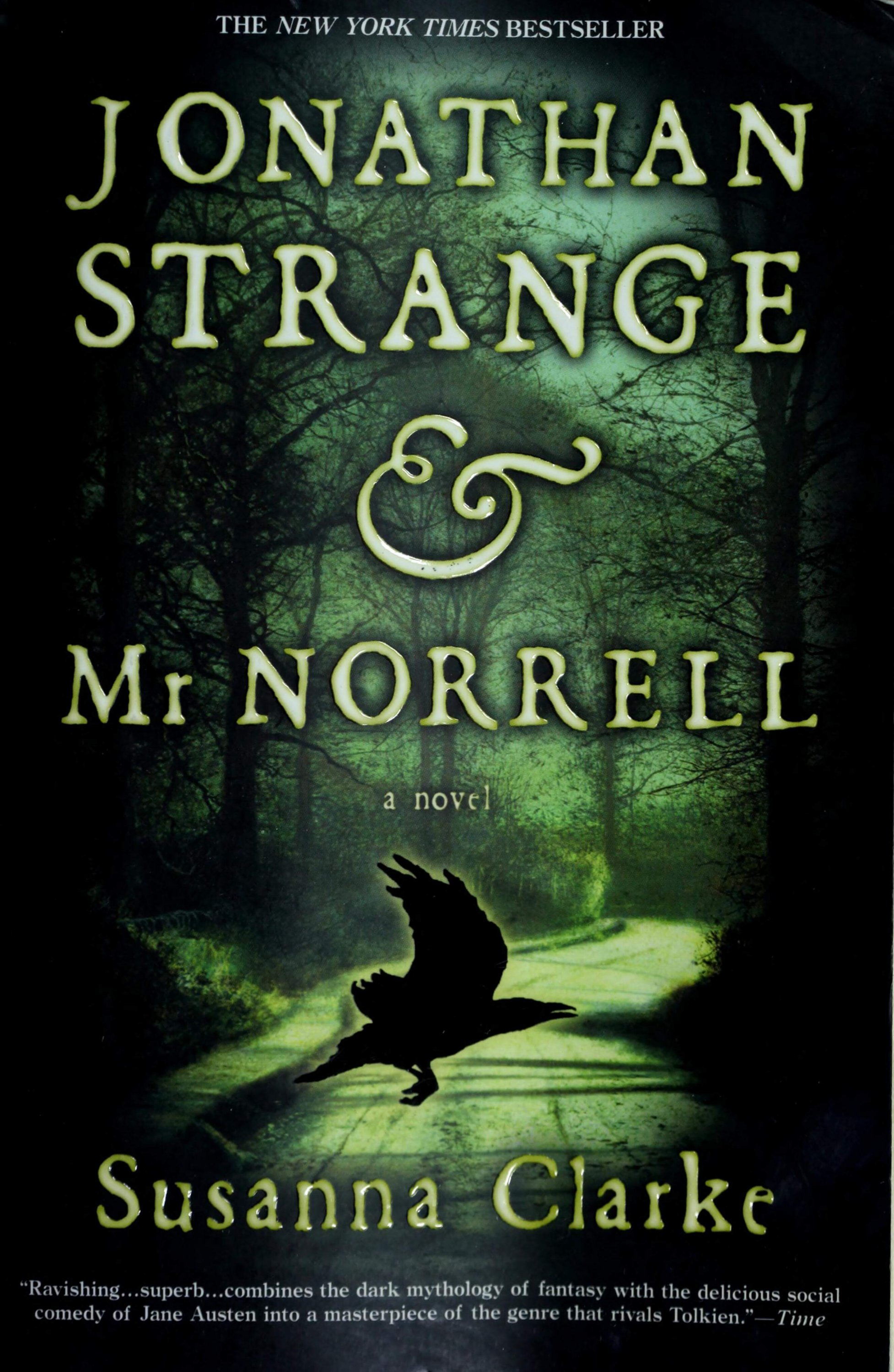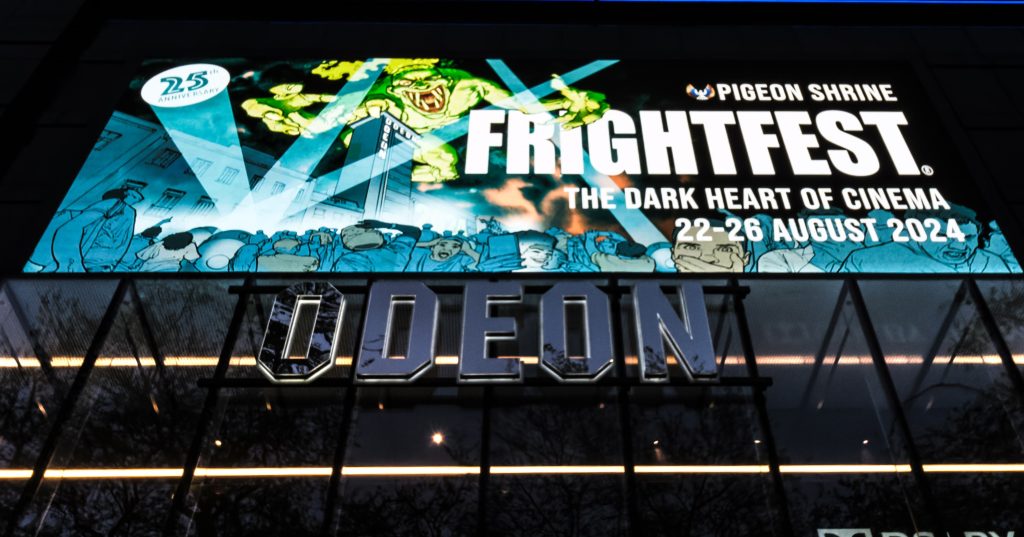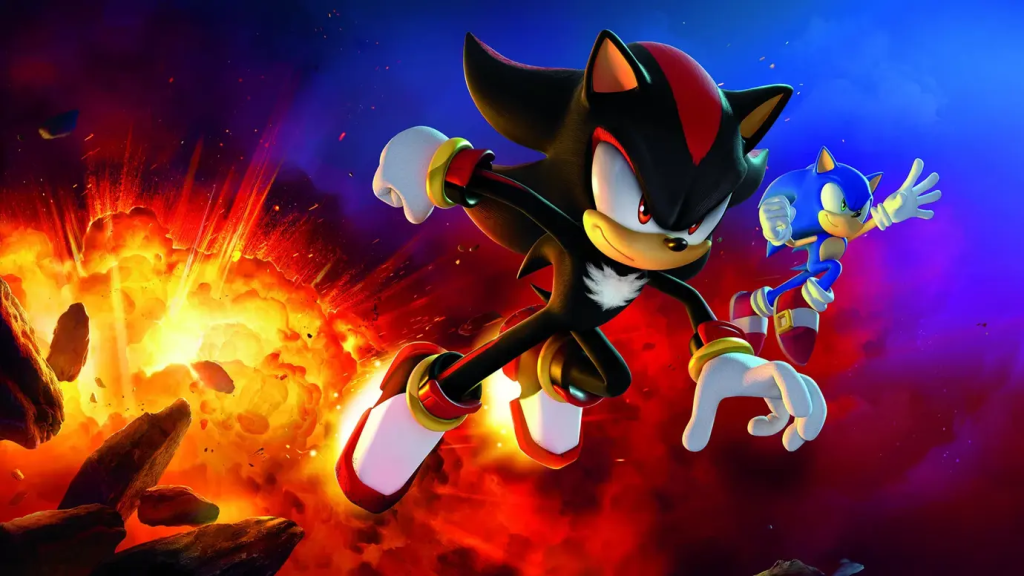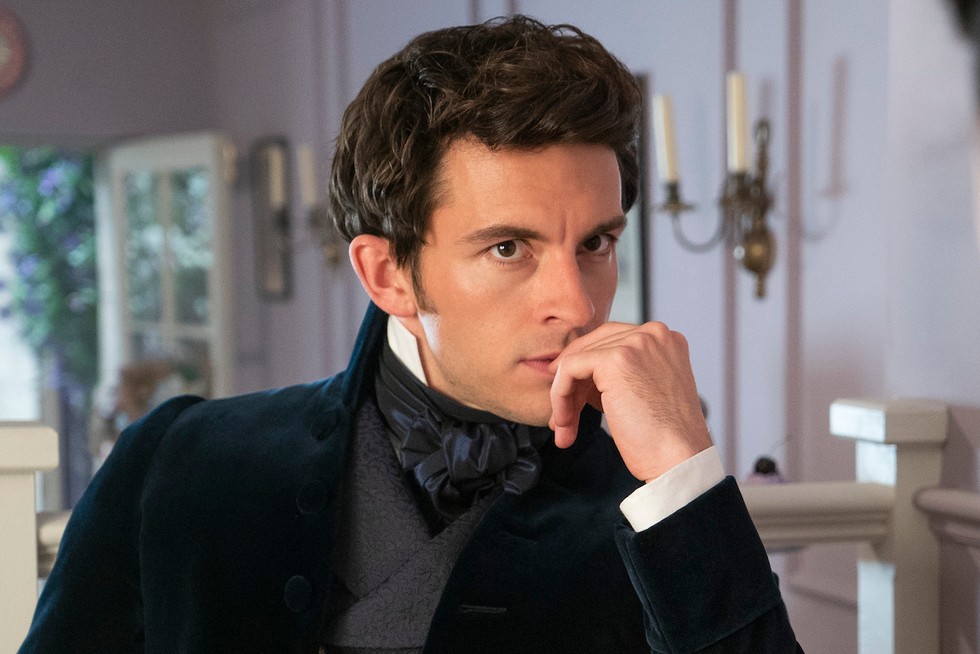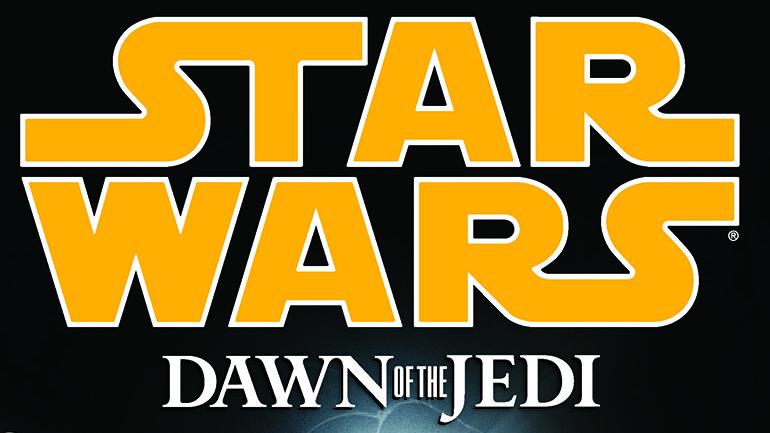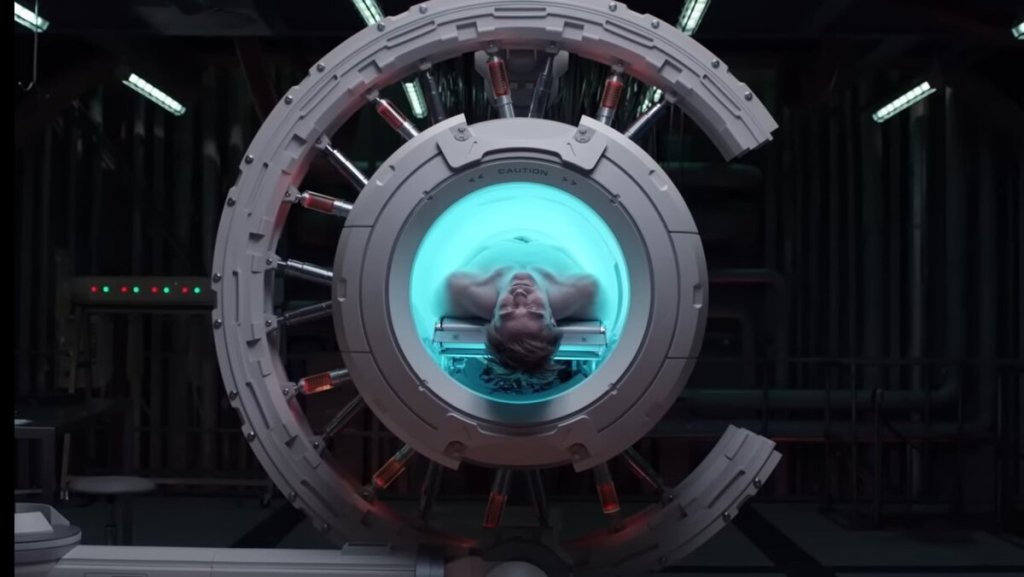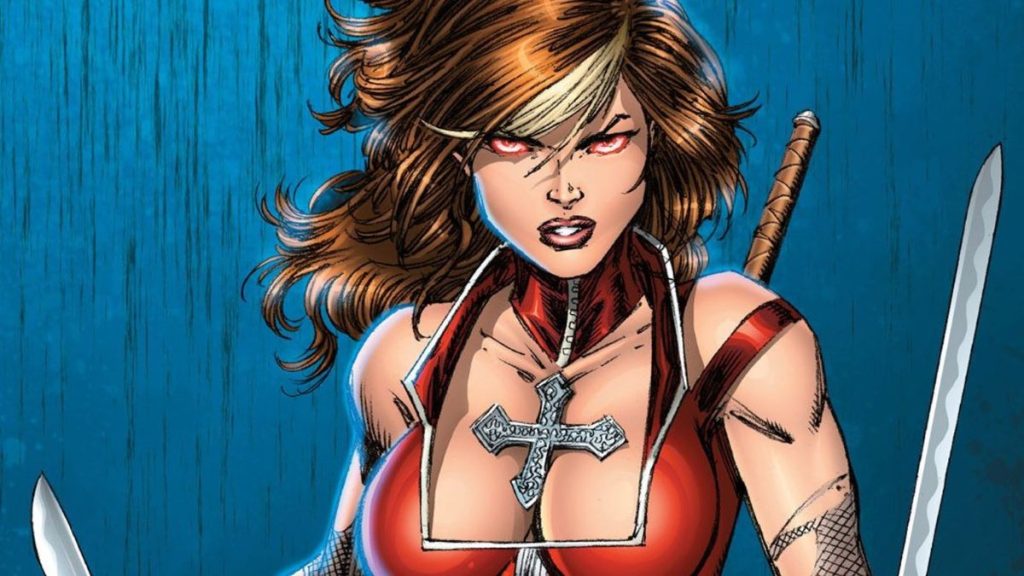Or, The One Where Jonathan Strange Goes To War And Annoys Lord Wellington. Or, even more appropriately, The Tipping Point, because this is the volume where so much changes.
When we last left off, the magician Mr Norrell had removed himself from Yorkshire to London to bring about a renaissance of English magic. We’d been introduced, briefly, to Jonathan Strange and to a number of other characters: Sir Walter Pole and his wife, Lady Pole; the beggar magician Vinculus; Norrell’s London friends and helpers Drawlight and Lascelles; Sir Walter’s servant Stephen Black; and a host of others, including the gentleman with the thistle-down hair, who is given no other name but with the information given through dialogue and footnote I can’t help but guess at his identity. We had also been left with the foreknowledge that the second volume would bring Jonathan Strange to London, to Norrell’s doorstep, and that he would become his pupil. And he does, but not because he asks, rather because Norrell does. It’s a bit surprising even though we know it’s coming, because Norrell has done everything to ensure that he is the only practicing magician in England, but that’s very much a part of it. What better way, after all, to ensure that his authority goes unchallenged than to have the only other practicing magician subordinate to him?
Norrell’s authority is a constant in both volumes of the novel, and I know it will continue into the third volume as well. It’s one of the—if not the—primary characteristics he has, and one of the first things we know about him. From the beginning of the novel, when Norrell agrees to perform magic for the York Society under the conditions that they will give up studying magic (even if they never perform it), we are told that what he wants is authority over magic. He doesn’t just want to be the best magician, he wants to be the only magician, and in order to accomplish this he will seemingly do anything, including threatening people and hording all magical knowledge for himself. Strange threatens this authority, but as I said Norrell’s taking him on as a pupil circumvents this threat, at least in his eyes. Norrell will have Strange studying until they both die, which will maintain their teacher-student relationship and allow Norrell to continue to be the authority on magic; Strange will never get a chance to grow above him (especially when Norrell keeps books that would likely facilitate this growth locked in his library in Yorkshire). As the volume progresses, it continues to be made painfully clear that Norrell is absolutely terrified of losing his position as the authority on English magic, and nothing makes this so prevalent as when Norrell agrees to persuading Strange to go to war, to prevent the possibility of Strange getting his hands on some newly-available books of magic.
Which, for someone who desires stasis, is a very stupid thing; war is never static.
In my review of Volume I, I mentioned how Clarke works with the historical period her story is set in, including having historical figures appearing within the novel alongside the fictional characters. Volume II is where she makes ample use of this, beginning right when Strange heads to Spain and the troops led by the not-as-yet Duke of Wellington. At first, Strange is useless. Wellington doesn’t want him, Strange can’t think of anything to do, and overall the army appears to not be in need of his services at all. But Strange refuses to just turn around and go back to London, and eventually is able to use his magic to aid the army. Spain, quite literally, is never the same.
It’s during his three years helping Wellington that Strange’s opinions really start to diverge from Norrell’s. They have always had differing opinions about some things (faeries and the magician the Raven King being two big ones), but for the most part Strange appeared largely content to be Norrell’s pupil. But on his own using magic outside the safety of a London sitting room, to such great purpose, Strange begins to wonder if he wouldn’t learn more away from Norrell, who seems so stifling when Strange finally returns. As I said, war is not static, and neither are the people who participate in it. Strange saw all the worst of humanity, the things we can do to each other for glory or victory or when faced with our mortality down the barrel of a gun. And Strange didn’t just observe, he did things for the sake of helping his country that made him question the sort of magic he was performing, as he “was obliged to invent most of the magic he did, working from general principles and half-remembered stories from old books”, as he did before he became Norrell’s pupil. One of the most striking images of Strange during his time in Spain is when he reanimates seventeen Neapolitan corpses. Strange watches them come to life “apparently without emotion”, altogether appearing rather nonchalant and the antithesis of the gentlemanly magician Norrell would want him to be. A portrait of Strange painted with the Neapolitans, whose enchantment lasts and who stalk Strange, begging to be returned to full life, shows what dialogue and description up until that point have not: what his experience, both with war and with magic, has done to him.
“In the picture Strange is seated on the ground. His gaze is cast down and his arms hang limp at his sides and his whole attitude speaks of helplessness and despair. The Neapolitans crowd around him; some regarding him hungrily; others have expressions of supplication on their faces; one is putting out a tentative finger to stroke the back of his hair. It is, needless to say, quite different from any other portrait of Strange.”
Even after his three years, Strange joins Wellington at Waterloo and has an experience I’m certain will be significant in the next volume. Strange is confronted by a French cuirassier on horseback, sabre raised, and “[w]ithout thinking” Strange prepares to “smash horse and horseman out of existence” with one single spell. But then, he freezes. He had told Wellington, once, that “‘[a] magician might, but a gentleman never could’” kill a man using magic, and it appears that for all that he has used magic to misdirect and frighten and raise the dead, when faced with killing a man who stands inches in front of him, Strange is a gentleman. After, “[h]e believed he wandered about in a dazed condition”, although he can’t really remember, and I’m sure that he will be faced with this again, this very human decision to having to stand there, look someone in the eye, and decide whether or not to kill them or risk himself—or someone he cares about—being killed instead.
Strange returns to Norrell, Norrell who has been occupied with the same tasks as he was years before, with the same people, living comfortably in his house in London instead of sleeping on floors and trekking through muddy fields. Norrell has remained in his desired static state, the only thing that appears to have changed being his age, and when he meets Strange he meets his worst fear: a very real, and very willing, threat to his magical authority. Who he meets is a man who embodies everything about the nickname Wellington bestowed upon him in Spain: Merlin. I found this an extremely apt nickname, and not only because Strange was a magician and Wellington the heroic knight. Geoffrey of Monmouth’s take on Merlin’s origins have him being the son of a demon (specifically an incubus) and a nun. A cruel father and a wronged mother; this is very allusive to Strange’s own origins. Merlin also worked for the betterment of Britain, like Strange, and his relationship with Wellington is very much like Merlin’s relationship with King Arthur, one of advice and aid. Wellington himself is Arthurian, a hero of Britain, and the book Reinventing King Arthur: The Arthurian Legends In Victorian Culture by Inga Bryden gives examples of this comparison having been made by Wellington’s contemporaries, such as in a political cartoon that depicts Wellington in a very Arthurian manner. Strange’s state of shock during the Battle of Waterloo is also rather allusive to the Vita Merlini, a version of Merlin’s life which has him going mad after a battle. Of course, as yet it’s not a complete comparison; Merlin is primarily defeated by a woman (Nimuë), and thus far Strange has not been defeated by anyone. But he does have a wife, Arabella, and after they first met Norrell said that “‘[m]agicians have no business marrying.’” At first I thought that this was just Norrell being Norrell, resenting any distraction in the pursuit of magical knowledge and now in his spending every waking moment with his new pupil. But now I can’t help but wonder, is it more than that? Is it foreshadowing? Is Arabella a (possibly unwitting) Nimuë?
It’s looking more and more likely the more pages pass.
Strange’s relationship with Arabella is in the background. We rarely see them alone together (although, to be fair, for a good chunk of Volume II he is away from her in Spain), and consequently we only see the typical Romantic relationship, all politeness and distance and, very much on Strange’s part, indifference. But in both their public interactions and the brief private ones were are allowed to see, I found them rather complimentary. Arabella is practical where her husband is impractical, polite where he is rude. If it weren’t for the magic he performs and the grace of his wife, Strange probably would have been kicked back to Shropshire long ago. Arabella says as much, telling Lady Pole that she has been “‘obliged to go in and rescue him before he says something he had much better not.’” She saves him, she says, and towards the end of the volume we are given a glimpse into just how much Strange actually cares about her, and at the risk of spoiling everything, it appears that Strange will get a chance to save her (although a part of me would love it if she saved herself).
Arabella needs saving for the same reason Lady Pole does, and Stephen Black. The gentleman with the thistle-down hair, who I mentioned oh-so briefly in my review of Volume I, is a character whose best description is as the villain, although I’m not quite sure it’s so simple as that. He is a faerie, one of the race that Norrell steadfastly claims magicians need not align themselves with, which is ironic because Norrell is the one who brings the gentleman with the thistle-down hair into the story to begin with.
Hypocritical Norrell; is it any wonder that I have difficulty sympathizing with him sometimes?
Norrell performed a spell early on in the novel, something more than what Strange did during the war, and employed the use of someone he claimed that he had no need of in order to accomplish it. He tried to make it without consequences, but there they were: ones that he didn’t bear but Lady Pole did. And Stephen Black. And as the novel progresses the gentleman with the thistle-down hair is becoming more prominent, and manipulating the human world more and more, and now there’s Arabella, who didn’t do anything except marry a magician and make Lady Pole her friend. The gentleman with the thistle-down hair isn’t only attracted to her, he wants to use her to get to the magicians he hates. It’s unclear at this stage whether or not he will be able to get to Norrell. As said, the Strange that returned from Spain is a man dissatisfied with his place as Norrell’s pupil, who no longer believes that it is where he is supposed to be and who is more willing to voice his contrary opinions; a Strange who threatens Norrell’s stasis, and in fact turns Norrell’s stasis against him. The new Strange has had worlds more practical experience than his teacher, and is more ready to embrace the ideas and practices Norrell rejects, and to in fact be the kind of magician that, from what we are told, is rather reminiscent of the Raven King: the inventor, the prodigy, the Greatest Magician of an Age.
The whole volume is a set up for Volume III, building on Strange and Norrell’s relationship and then, piece by piece, disagreement by disagreement, picking it apart until we are left certain that at some point they are going to clash. In Volume I, I was sure of it. They will be allies first, then enemies, the entire thing smacking of a relationship that reminds the comic book aficionado in me of Professor X and Magneto. But now, with two volumes completed and the final one begging to be read, I’m not so sure anymore. The man with the thistle-down hair has become a common antagonist for Strange and Norrell, both because of who he is and who he has hurt, and I can easily see them joining forces. Suppositions aside, however, Clarke works with this volume beautifully. Its density is sometimes a struggle, the level of detail and depth she provides to her constructed world seeming almost too much, as something in the way of the primary action you are aching to get to. Once you get to that action, however, I found that it was worth reading every lengthy footnote. This isn’t, after all, just a fantasy novel Clarke is writing, it’s an alternate history, and the richer and more detailed this world and its characters become the more you can believe that they could have existed, that in some alternate universe they did.
The entire function of the volume as a place of transition can, I think, be summed up in one single paragraph from the novel. It encapsulates every feeling and every foreshadow, and is strengthened by the richness of its speaker’s character, sending a shiver carving its way down your spine:
“Until this moment it had never seemed to him that his magicianship set him apart from other men. But now he had glimpsed the wrong side of something. He had the eeriest feeling—as if the world were growing older around him, and the best part of existence—laughter, love and innocence—were slipping irrevocably into the past.”
How right Strange is. I can’t wait to read more.
Article originally published in September 2011

